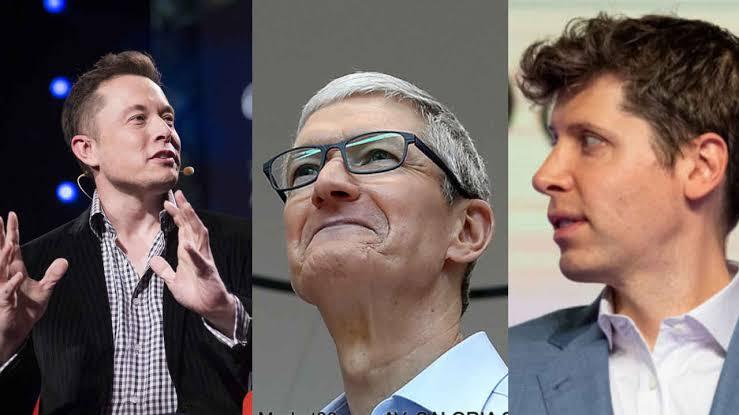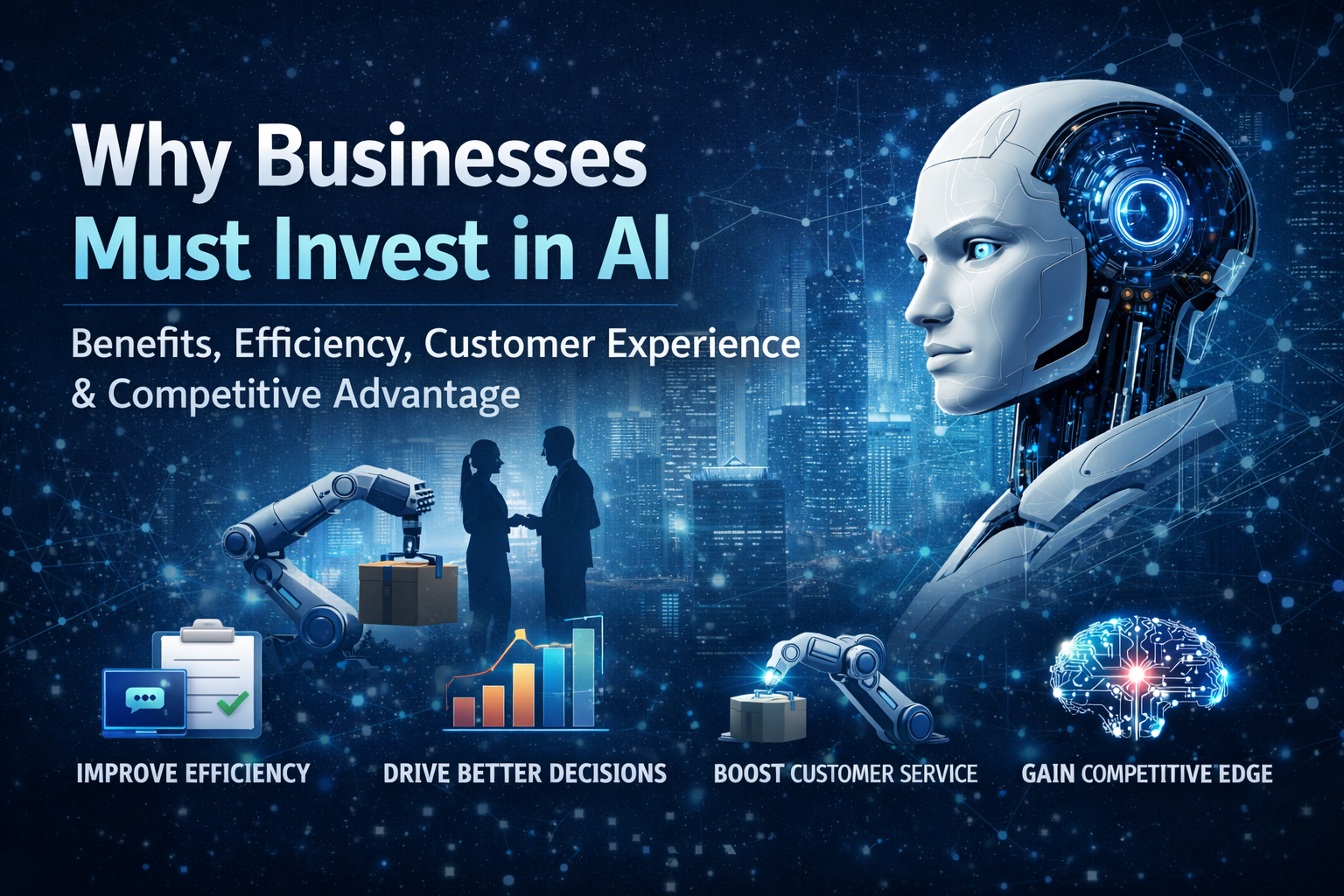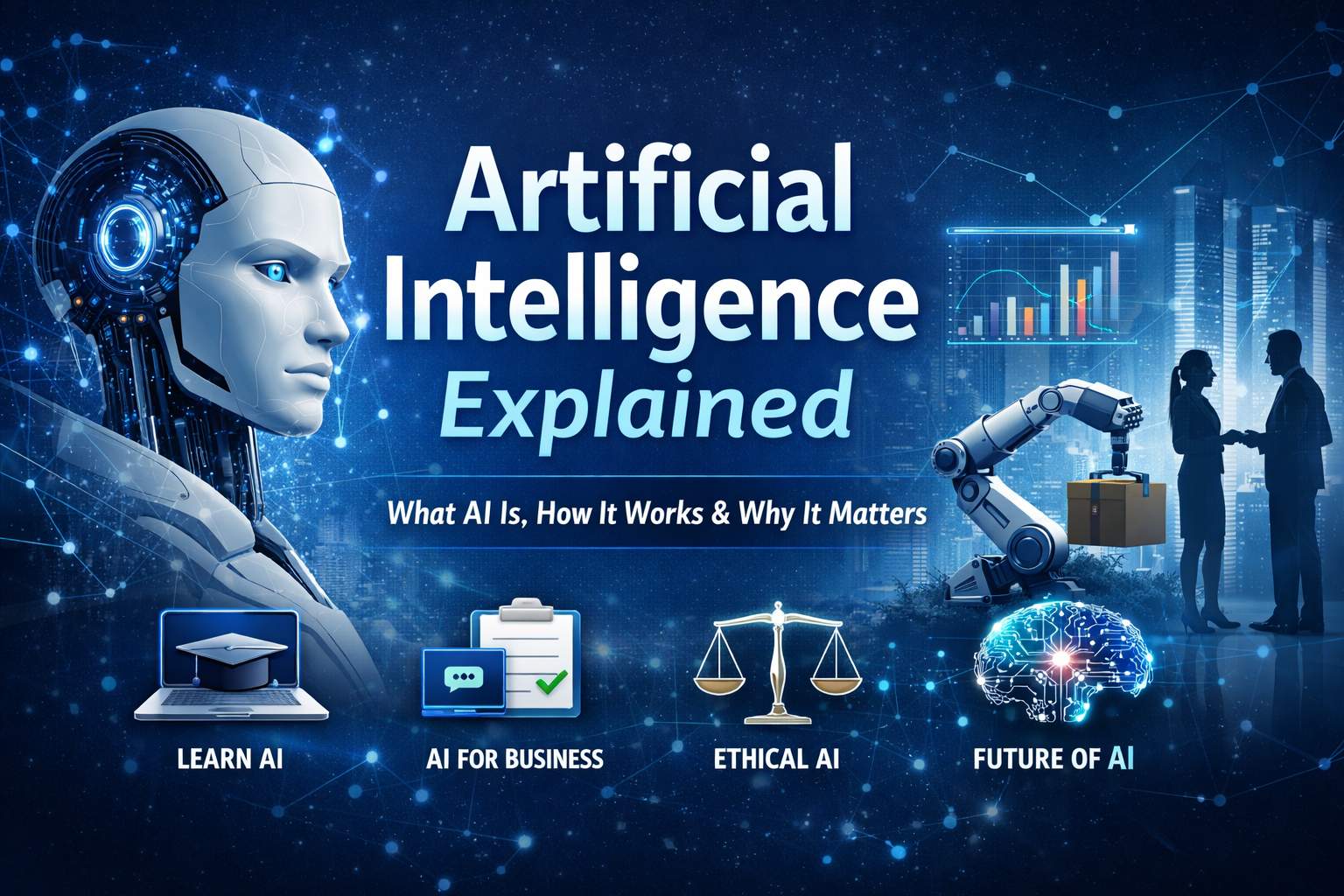The artificial intelligence industry is moving faster than almost any other field of technology, but it is also becoming more competitive and controversial. In the latest twist, Elon Musk’s xAI has filed a lawsuit against Apple and OpenAI, accusing the two tech giants of entering into an exclusive partnership designed to shut out competition and dominate the AI market. The lawsuit, filed in federal court in Texas, could shape the future of how AI technology is integrated into consumer devices like iPhones.
What Happened?
According to court filings, xAI claims that Apple’s agreement with OpenAI gave iPhone users direct access to AI tools built into the device, while preventing other companies from gaining similar access. The lawsuit argues this arrangement amounts to an unlawful monopoly that gives Apple and OpenAI a powerful and unfair advantage in one of the world’s fastest-growing tech sectors.
The deal allegedly makes OpenAI’s tools a default feature for millions of iPhone users, effectively locking out rival AI startups from an enormous consumer base. Musk’s xAI, which has been positioning itself as a major competitor to OpenAI, is now taking legal action to challenge what it calls “anti-competitive and exclusionary practices.”
Why It Matters
The case highlights growing concerns over the concentration of power in the AI industry. Apple dominates global smartphone sales, while OpenAI is one of the most widely recognized names in artificial intelligence. Their partnership potentially creates a gatekeeping effect where smaller players like xAI and other AI firms struggle to gain visibility.
If Musk’s lawsuit succeeds, it could force Apple to open up iPhones to competing AI tools, creating a more level playing field. On the other hand, if Apple and OpenAI prevail, it could cement their control over AI integration in the consumer tech space.
Industry Reactions
The lawsuit has already sparked debate across the tech world. Critics of Apple and OpenAI argue that exclusive deals limit innovation and consumer choice. Supporters, however, say Apple has the right to choose its partners and optimize its devices with the technology it considers best.
Some industry experts note that Musk’s legal challenge may also be motivated by competition. xAI is a relatively new entrant in the market, and going up against Apple and OpenAI directly is no small feat. Filing suit could be as much about strategy and visibility as it is about legal principles.
The Bigger Picture
This legal battle comes at a time when regulators worldwide are paying closer attention to the AI sector. Concerns about monopolistic practices, data privacy, and market fairness have already led to investigations into other major tech companies like Google, Amazon, and Microsoft.
The outcome of xAI’s case against Apple and OpenAI could set a precedent for how partnerships in the AI industry are viewed under antitrust law. It may also influence how AI is rolled out on smartphones, laptops, and other consumer devices in the future.
Conclusion
Elon Musk’s xAI suing Apple and OpenAI underscores just how high the stakes have become in the race for AI dominance. Whether this lawsuit is the beginning of greater competition or simply another chapter in the ongoing tech wars remains to be seen.
One thing is certain: the battle for control of artificial intelligence is far from over, and the results could impact not only tech companies but also the billions of consumers who use AI-powered tools every day



.png)




